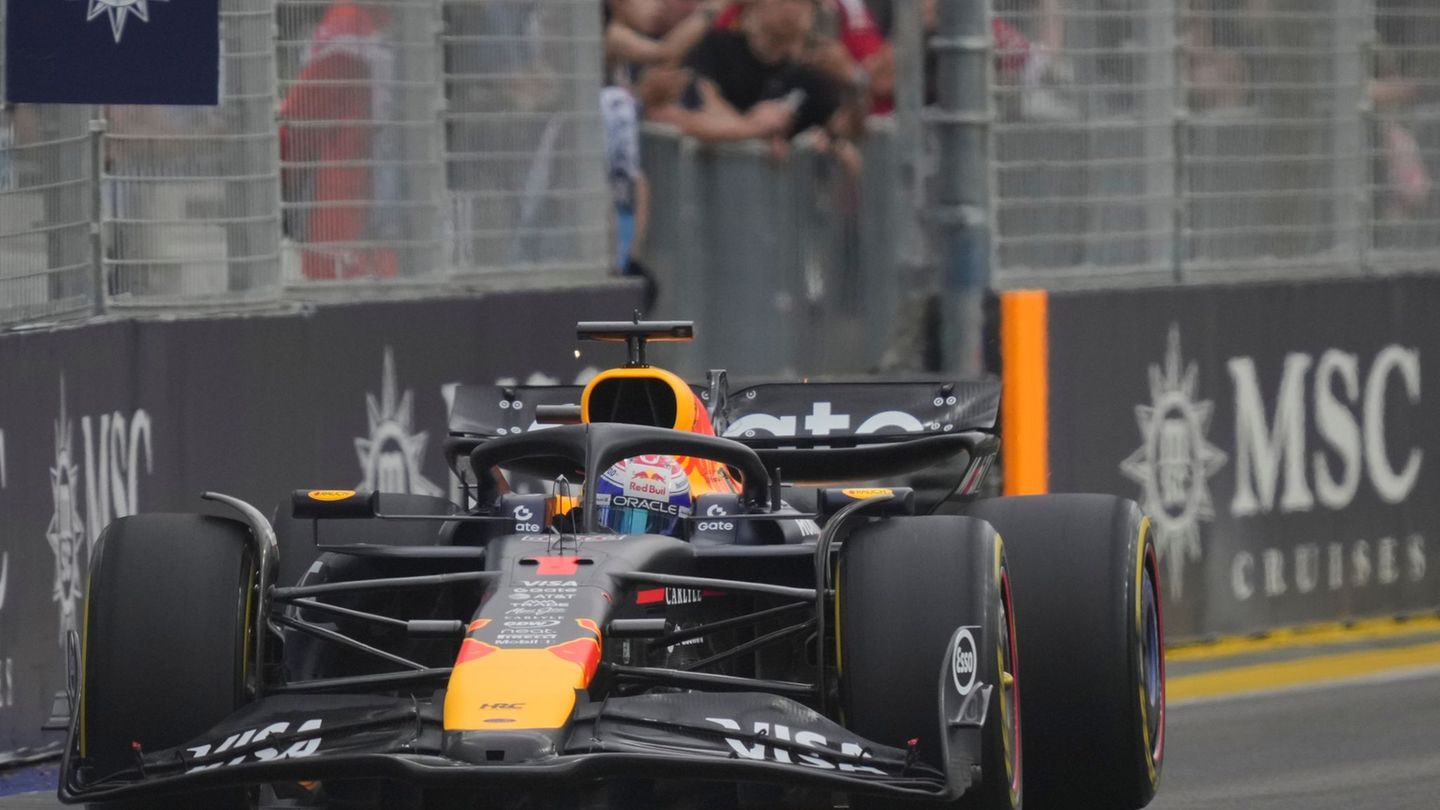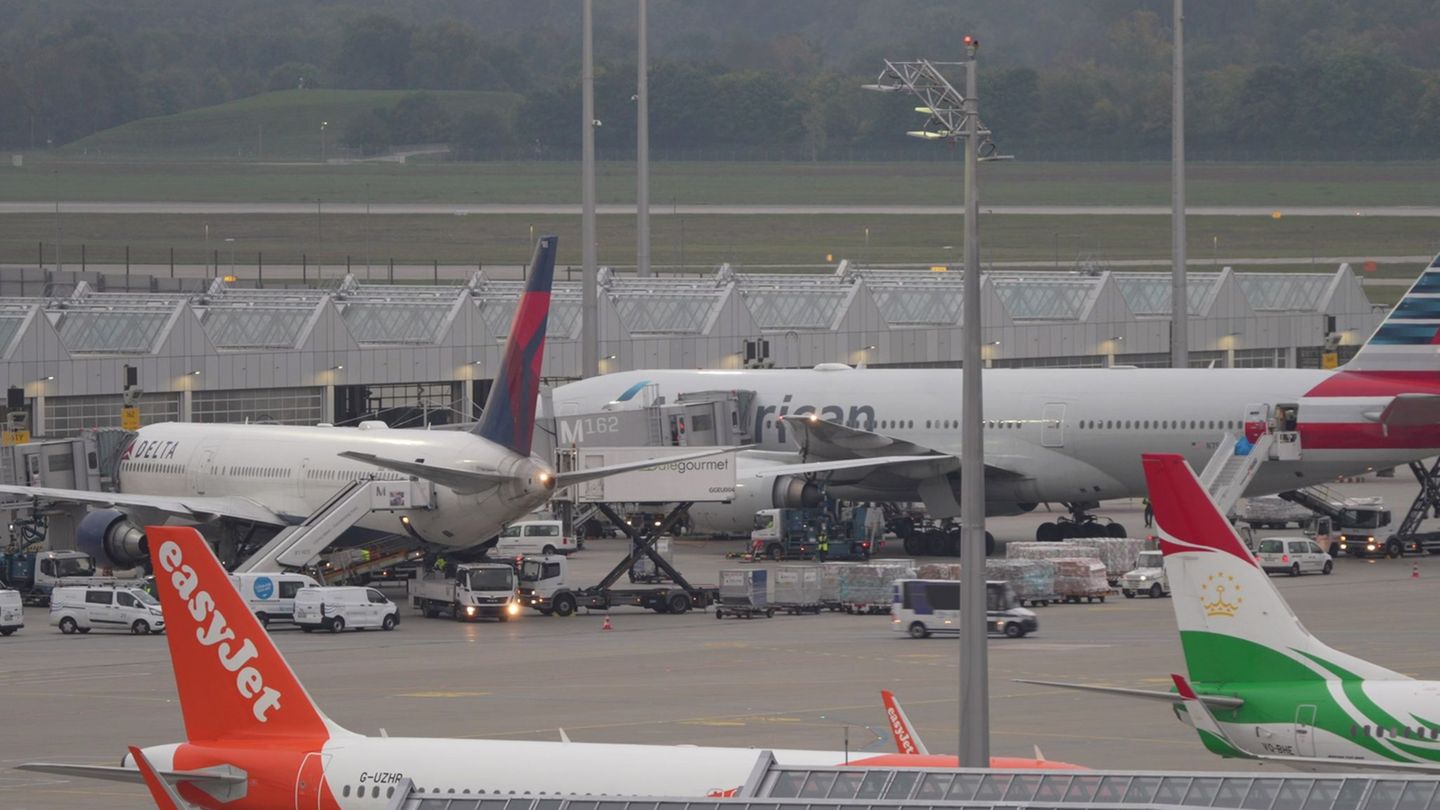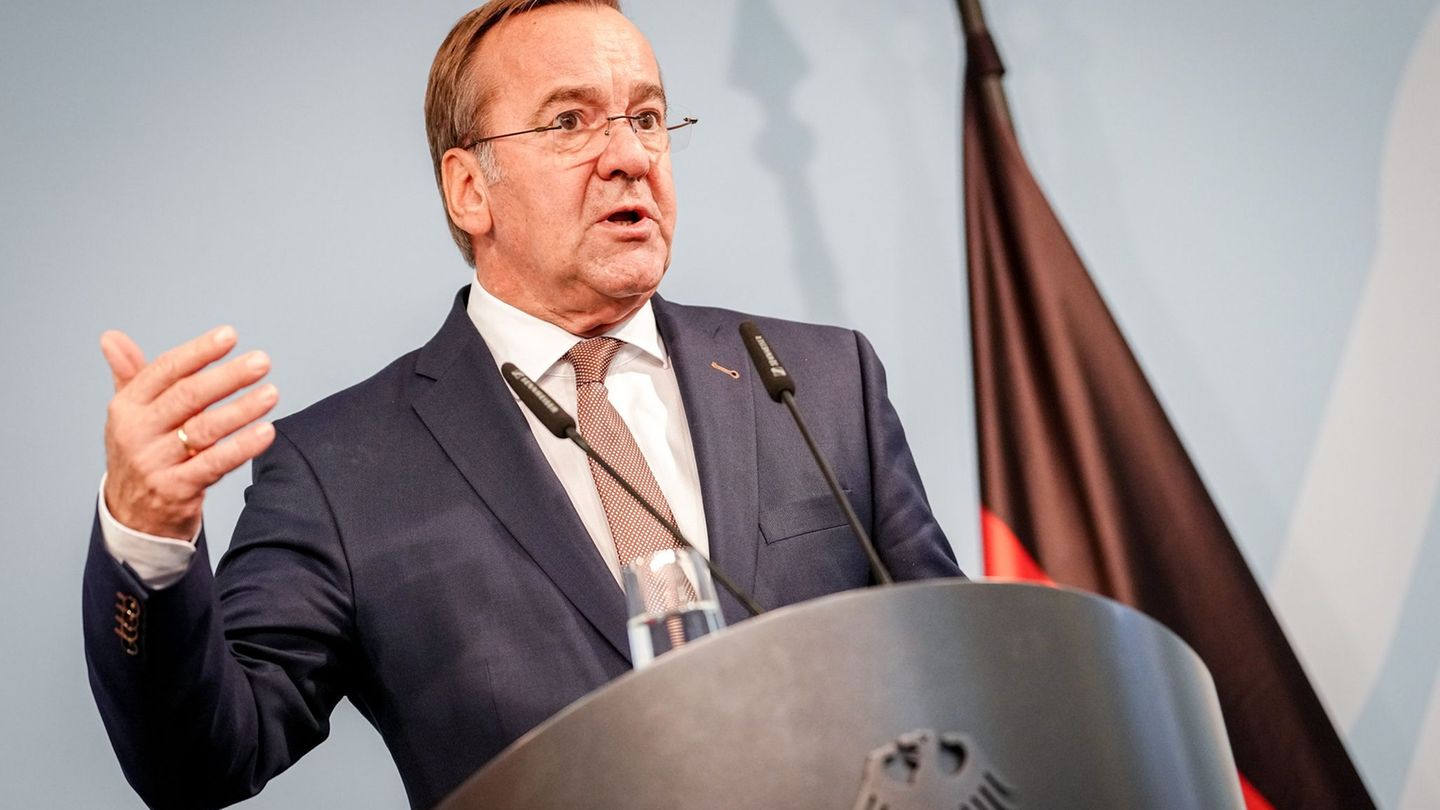This year will mark a milestone for the company Salts of Jujuy, one of the two companies that currently produce lithium in Argentina. By June they expect to inaugurate the expansion of the industrial plant in the Salar de Olaroz, in Jujuy, which will allow them to triple the production of lithium carbonate, whose ton they export for US$53,000. Meanwhile, the final stage of construction of Salt of Lifethe second lithium project they will have in Argentina, located in Catamarcawhich they hope to open in early 2024.
The projects mean an investment of US$1.5 billion what Sales de Jujuy SA, a subsidiary of the Australian giant, does Allkem, one of the 5 most important companies in the world that produces lithium-based chemicals. In Argentina, the company produces lithium carbonate, a material used in batteries, essential in the decarbonization process. They currently have more than 850 workers, due to construction, and when the projects are finished they expect more than 1,000, only for direct employment.
Half of the amount has already been disbursed and the other almost US$800 million will be for the remainder of 2023. For this reason, The company is in full process with the Ministry of Economy to adhere to the investment promotion regime for exports. Better known as “decree 234”, it allows companies that invest more than US$100 million to have greater facilities in free access to foreign currency, in a context of strong exchange controls.
One of the reasons that motivate the company to accelerate investments is to take advantage of the window of opportunity until 2030. This was explained by José Alioto, Allkem’s public affairs manager: “Due to electromobility, there is going to be a boom in demand, which is going to be much higher than the supply. The projects take time from when exploration starts, in our case in 2010, until we were exporting lithium carbonate, in 2016. Until 2030 we see the opportunity to develop projects, but, if you didn’t enter, the demand will be met by another producer, and after that, it will be very difficultmuch more so when developed countries begin to mess with million-dollar subsidies to supply and demand”.
Despite the delicate Argentine macroeconomic situation, and although lithium can be found in various countries around the world, Allkem explained why they decide to make large long-term investments in the country. “When you invest in the long term, you think that at some point the situation is going to change,” Alioto said. But, in addition, he added: “There is lithium in many places, even in the ocean, but in Argentina, Chile and Bolivia, the high quality of the assets and the low cost of extraction stand outAlioto explained. Of the 3 countries that make up the Lithium Triangle, the most “attractive” for its resources is the Atacama desert, in Chile. However, currently the largest flow of investment goes to Argentina.
The reason that explains the attractiveness of companies for Argentina over Chile are the regulations, considered “favorable”, according to Alioto. On the one hand, the legal framework of the mining investment law, which provides fiscal stability for 30 years. But, in addition, it declared the resources as property of the provinces. “I would say that the main factor is federalism, the provinces defend their resources and favor them, no matter how the political parties change, here we started with Eduardo Fellner from the PJ and now we continue with Gerardo Morales from the UCR,” Alioto said.
The Allkem investment plan in Argentina includes two projects: in Jujuy, Olaroz I (USD 300 million), and its expansion, Olaroz II (424 million), which is expected to be ready in the second semester. Then, the start-up of the company’s second project in the country, called Sal de Vida, from Catamarca. The first stage will have investments for US$271 and the second, Sal de Vida II, an expansion of the plant, for another US$523 million. By type of investment, the integrated ones amount to US$786, while in construction US$733 million.
The final product that Allkem makes is lithium carbonate, which requires a chemical process that can last up to 12 months, from the time the brine is extracted from the salt flat. 100% of the production is exported for the battery value chain: due to the current high price levels, which in the last quarter they amounted to US$53,000 per ton, the company made exports for US$600 million per year. The Olaroz II project will add another $1,000 a year, given that Olaroz I produces about 13,000 tons a year, and Olaroz II will have capacity for another 25,000 tons. Meanwhile, Sal de Vida I will have a productive capacity of 15,000 tons, and then part II of 30,000 more.
Source: Ambito




